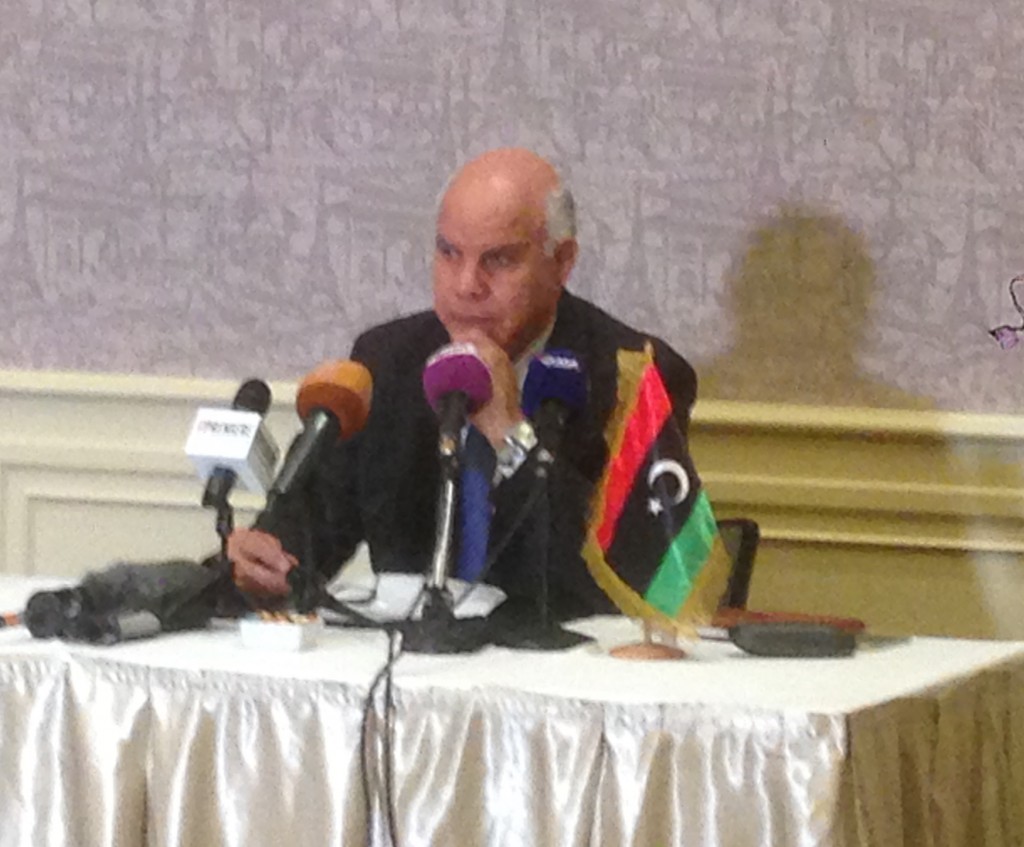By Libya Herald reporter.

Tunis, 9 March 2016:
Participants in the Libya Dialogue which hammered out the Libyan Political Agreement (LPA) together with s . . .[restrict]members of the Presidency Council which it appointed and several members of the House of Representatives (HoR) have converged in Tunis for talks tomorrow, Thursday, to try and break the impasse over the appointment of the Government of National Unity (GNA).
After last month’s stormy session when opponents of the LPA prevented a vote from taking place, the HoR has found itself regularly inquorate, thus unable to meet and carry out business.
Among seasoned Libya political observers and diplomats, however, there is deepening pessimism over whether attempts to move the process forward and legitimise the proposed Government of National Accord (GNA) can succeed.
There have been suggestions from within the Presidency Council that the proposed GNA would go to Tripoli and start work without formal approval from the HoR but that once there and seen to be working, the HoR would then feel obliged to approve it. This appears to many to be wishful thinking.
Another suggestion still being canvassed is that the Libya Dialogue committee could legitimise the GNA on the basis of that it has the support of the 100 members who last month signed a statement approving of it. The statement has been welcomed by UN Special Envoy Martin Kobler although questions have been asked as to whether all the signatures on it were genuine.
There have already been a number of legal sleights of hand in producing the LPA, not least the reliance on Salah Makhzoum to sign it “on behalf of” the General National Congress (GNC) when he had already resigned from the Dialogue and been replaced by GNC Deputy President Awad Abdul-Saddeq. In practice, that did not matter greatly since, firstly, participation in the Dialogue is by invitation from the UN Special Envoy, not appointment by either the HNC or the HoR and, secondly, because the LPA is a proposal from the Libya Dialogue, not a system already approved.
The idea that the Dialogue team could legitimise the LPA, however, appears to be a step too far for its own members.
Emhemed Shouaib, who headed the HoR team on the Dialogue, has said that endorsement has to come from the HoR alone. That is what he and other HoR members are working for, he explained in a TV statement today. But he stressed that any other endorsement of the GNA would not be legitimate.
In any event, even if the HoR is persuaded to meet and vote for the GNA, the numbers do not appear to exist as yet for an amendment to the Constitutional Declaration incorporating the LPA into Libyan law and thus allowing the Presidency and State Councils to have legal standing in Libya. That would require 126 votes in favour. [/restrict]






